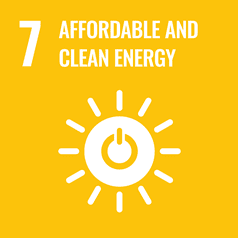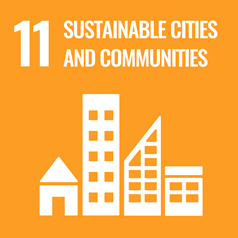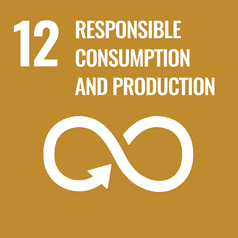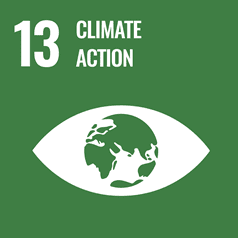Green growth in Asia not ‘greenwashing’ but strategic energy shift
A new book endorsed by former Prime Minister Kevin Rudd and prominent scholar Ross Garnaut explores why East Asia has become a leader in green energy industries but has been slow to reduce carbon emissions.

‘Developmental Environmentalism’ (Oxford Uni Press) presents a unique approach to transforming energy systems in the region. The approach involves the rapid creation of new green energy industries, followed by the coordinated destruction of fossil fuel industries.
International business expert Associate Professor Hao Tan, along with co-authors from UNSW and Macquarie University, analyse China and South Korea's national strategies, and provide detailed case studies of their green industry creation and fossil fuel phase-out efforts.
China and Korea serve as critical cases due to their energy-intensive and resource-intensive economies. Despite this, they have emerged as global leaders in key green technologies such as electric vehicles and smart power grids. Associate Professor Tan and his co-authors highlight three features of East Asia's clean energy shift: a developmental mindset, a political legitimation strategy, and a distinctive "sequencing" policy approach by which local clean energy industry creation is viewed as the strategic pre-requisite of fossil fuel phase-out.
The authors reject the idea that East Asia's greening strategies are merely ‘greenwashing’ and show that there is a transformative shift happening in the region – efforts they believe can serve as inspiration for other countries, including Australia.
Related news
The University of Newcastle acknowledges the traditional custodians of the lands within our footprint areas: Awabakal, Darkinjung, Biripai, Worimi, Wonnarua, and Eora Nations. We also pay respect to the wisdom of our Elders past and present.




